Top 10 Tech Turkeys For 2008
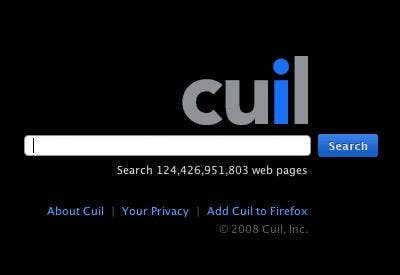
Rarely is the bubble of ultra-hype pierced by the darts of reality so quickly. Former Google employees launched Cuil on July 28 as a Google killer, promising that their new search engine would revolutionize the genre by indexing more Web pages than any competitor's. Thanks to massive press coverage, Cuil's traffic cooked for a couple days after going live, but whispers about irrelevant search results quickly became a roar. Cuil's indexing robot came under fire from Web site owners and search technologist Louis Monier quit a month after launch due to a dust-up with CEO Tom Costello. According to Alexa.com, Cuil's traffic dropped from 0.2 percent of the worldwide total in late July to 0.01 percent, or 9,73521th in the world in late November, during which time Google enjoyed 28.07 percent of global Web traffic for 2nd place behind Yahoo. Cuil's name is derived from the mythological Fionn mac Cumhaill, an Irish hero who is also known primarily for fish tales.

Yahoo is still the top-ranked Web site in the world, but it was a tough year for the pioneering Internet company's market value and public perception. Yahoo's annus horribilis saw the company's stock price tumble from as high as $30.25 to as low as $8.94, culminating in the Nov. 17 announcement that CEO Jerry Yang, pictured on the left with Yahoo co-founder David Filo, would be stepping down. It's true that any number of high-tech companies could be considered turkeys this year -- Sun and Nortel spring to mind -- but Yahoo's 2008 run of appallingly bad decision-making in public was second to none. Major lowlights: turning down Microsoft's $44.6 billion acquisition bid, alienating employees with a search advertising alliance with Google, and having staff poached by Microsoft. Oh, and there was also the embarrassing public spat with shareholder Carl Icahn. At least they didn't come up with Cuil.
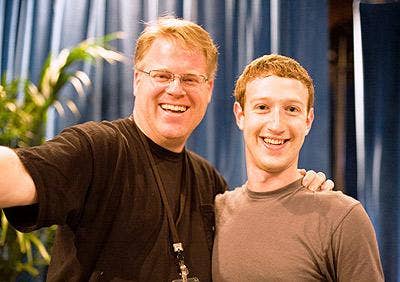
Social networking evangelists like Robert Scoble, pictured on the left with Facebook CEO Mark Zuckerberg, had us all going for awhile with their cheerleading for assorted time-wasting services that deliver all the pain of a hangover without the pleasure of getting drunk. Every day in blog post after blog post they gush that some Web 2.0 start-up like Twitter, SmugMug or Facebook is going to rock Silicon Valley to its foundations, until their magpie-like attention spans turn to the next shiny new widget from the likes of Fuser -- a company, Scoble reports quite unironically, that "helps me with a new pain: keeping up with Twitter, Facebook, and other social media messaging systems." We really should have recoiled at all the company names that the target audience for Hello Kitty dolls would find too cute by half, but it took the utter collapse of the economy to bring us to our senses and stop paying attention to this stuff.

Microsoft rushed its Silverlight 2.0 multimedia player to market, forcing its streaming video application down the throats of Web site partners like MLB.com. But Major League Baseball didn't like the upset tummy it got from Silverlight and instead went to the bullpen for relief from Adobe's Flash player. A couple of take-aways: 1) Redmond should get its products in order before throwing its weight around, and, 2) Everybody should try to produce as many lame baseball metaphors as possible in an attempt to goad the FireJoeMorgan.com bloggers to come out of retirement.
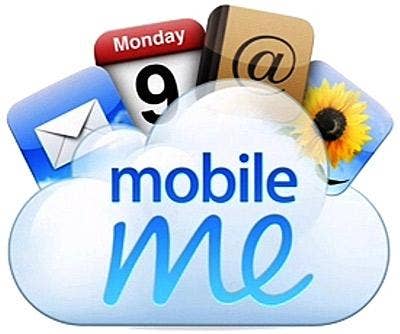
Apple's July repackaging of its online iTools/.Mac subscription-based services and software for Mac and iPhone users as MobileMe didn't go as planned. The so-called "Microsoft Exchange for the rest of us" touted by CEO Steve Jobs wound up giving the company a major PR black eye. Apple had to extend the subscriptions of MobileMe customers twice due to shoddy service delivery and Ars Technica published an e-mail from Jobs to Apple employees, which summed up the debacle as "not our finest hour." Nor was it their "funnest" hour. That would have to be the hour that they discovered this.

Lithium-Ion batteries that deliver longer laptop performance? Awesome. Lithium-Ion batteries that burst into flames, blow up your laptop and send you to the burn ward? Not so much. Sony inexplicably opted for the second value proposition this year, shipping about 65,000 exploding batteries in notebooks made by Hewlett-Packard (pictured), Toshiba and Dell, including some 35,000 in the United States. When 19 reports came in that these Pintos of the Information Age were bursting into flame when overheated -- including two incidents of consumers getting burned " the U.S. Consumer Product Safety Commission orchestrated a voluntary recall of the batteries in conjunction with the above computer makers.
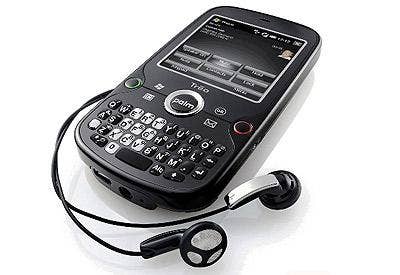
Struggling Palm's Treo Pro smartphone has everything the competition has -- a large color touchscreen, Wi-Fi, GPS -- but it costs a whole lot more, $549. Or in plainer terms: "$549?!? In its marketing copy for the Treo Pro, Palm reels us in thusly: "Some meetings take place in boardrooms. Others happen in parks or cafes." And even other meetings, we might add, happen in hobo camps under the freeway overpass where gentlemen named Boxcar Zeke and Dandy Jim Bandersnatch are preparing a delightful menu of broiled boot leather and hootch. In these economic times, those who insist on spending ridiculous amounts of cash on high-priced gadgets may soon find themselves in attendance.
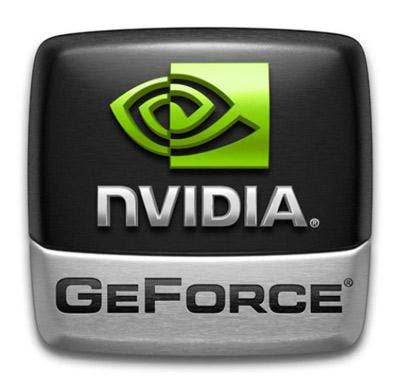
When sign-wielding protesters showed up this summer at Nvidia's NVISION event in San Jose, Calif. to complain about shoddy notebook graphics, we had a couple of thoughts. The first was that it would have been funnier if somebody had made a sign that said, "MAKE GEARS OF WAR, NOT LOVE!" or, you know, "FREE THE CRYSIS 8!" But the second thought we had was that the Golden Boys at Nvidia might have finally stepped in it this time. Lo and behold, for the third quarter Nvidia reported a $196 million charge against revenues to cover anticipated return and replacement costs for badly packaged GeForce 8 and 9 series graphics chips in laptops, and later made a deal with HP, Dell and others to kick back $200 per affected notebook.
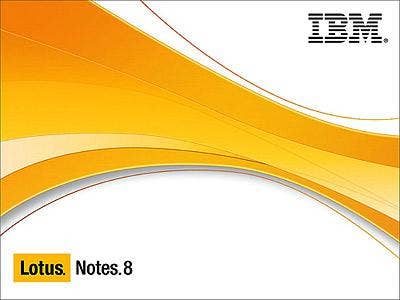
It's tough to make Microsoft Outlook appear sexy, but IBM consistently does its best to make that happen with its Lotus Notes communications and Lotus Domino server products. Lotus Notes is not a terrible e-mail client and Version 8 is robust and likable enough for government work (or maybe not, considering that the federal government switched to Outlook a couple of years ago). And unlike some turkeys on this list, no one terrible thing about Lotus Notes leaps out at us. Rather, what's laughable is the ponderous effort by IBM developers to add Web 2.0 "hipness" -- think an extra dozen emoticons tacked onto Lotus Notes 8.0's IM application -- to this Usenet-era relic.

Last year was full of win for "Anonymous" -- the ADD-addled denizens of imageboards like 4chan.org's "random" /b/ channel -- as "lulz"-seekers took on Scientology and spawned over 9,000 new Internet fads, including mega-memes like "rickrolling" and "LOLcats." But in 2008, the perverse lengths to which some anonymous trolls would go for a laugh were exposed for all the world to see. A year of Epic Fail for Anonymous culminated in the /b/-based hacking of Republican vice-presidential candidate Sarah Palin's private e-mail, which resulted in the indictment of a University of Tennessee student by a federal grand jury. As the /b/ crew clumsily locked each other out of Palin's Yahoo account without finding anything juicy and then failed to cover their tracks, they looked more like incompetent dopes than Internet whiz kids or free speech crusaders.